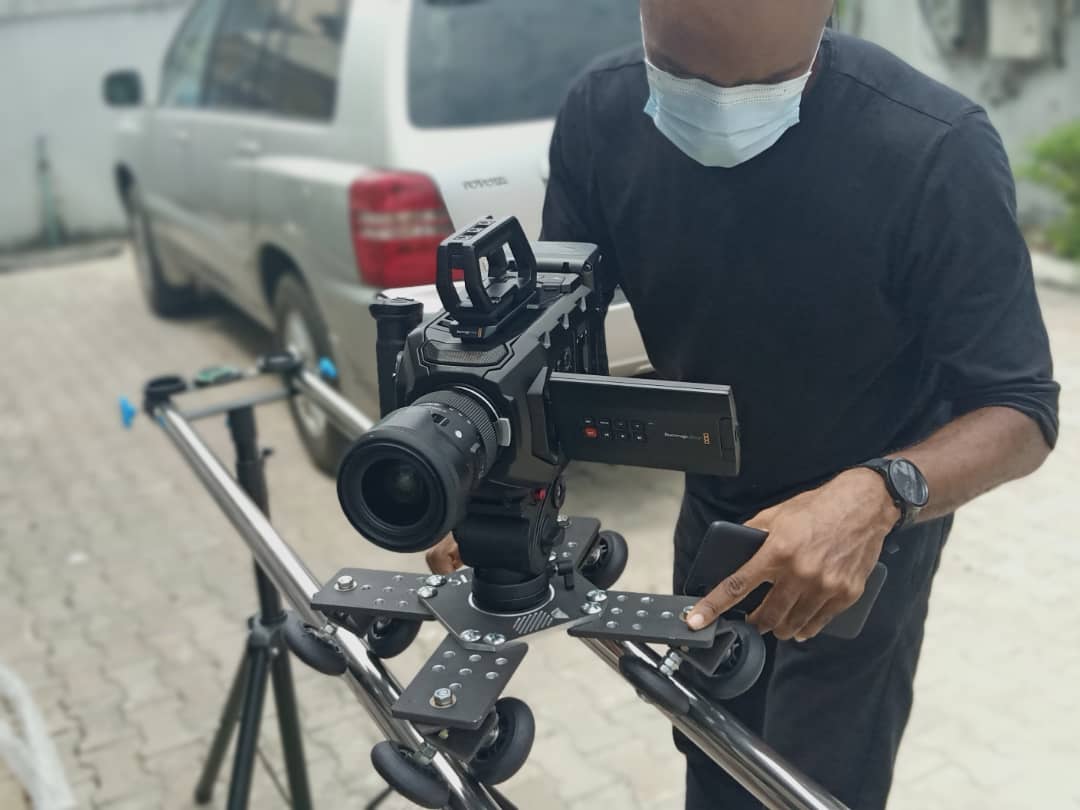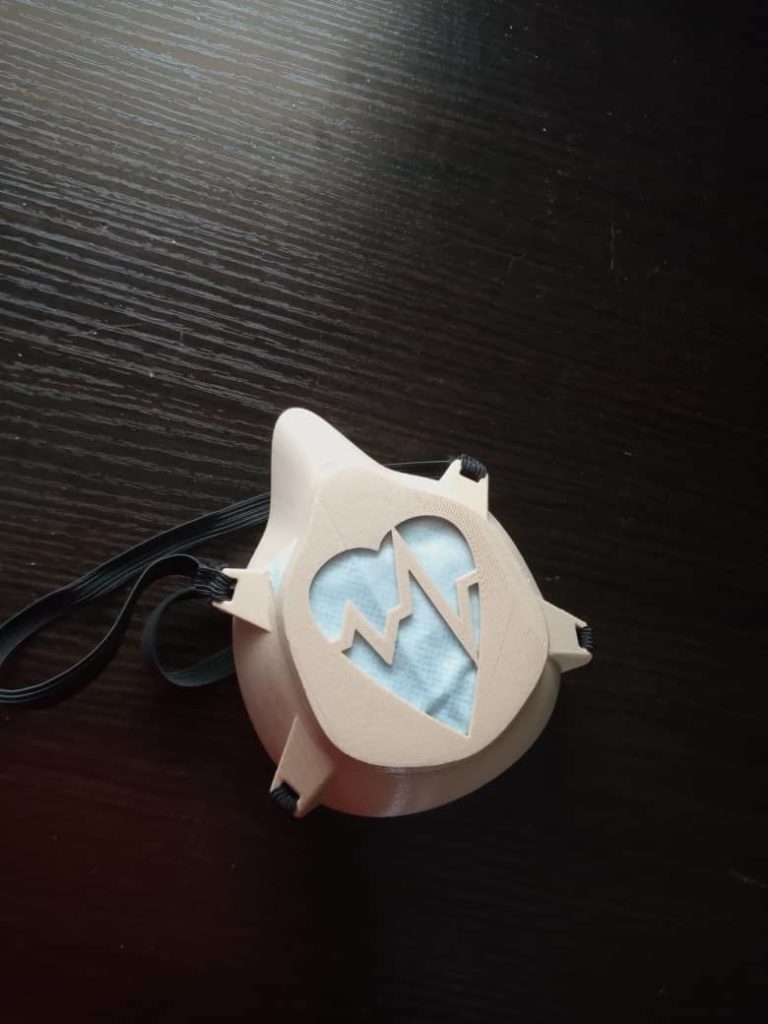
“They always blamed the editors when things didn’t look right,” recalls Chuks Oteke, who, in 2012, launched a video production studio specializing in visual effects and video editing. However, the dissatisfaction of his clients often traced back to poor-quality footage provided by them.
Driven to find solutions, Oteke explored on-set roles to understand the shortcomings. He realized the problem wasn’t the cameras alone but the lack of essential tools and techniques to frame compelling visuals. “Good storytelling relies on elements like proper lighting and camera angles,” he explained. For example, a high-angle shot can convey vulnerability, while a low-angle perspective can evoke power. Without affordable equipment like cranes to achieve such angles, filmmakers struggled.
To address this gap, Oteke started creating custom tools using do-it-yourself (DIY) methods. What began as prototypes eventually evolved into a business when people started offering to buy his creations. By leveraging social media platforms like Instagram and Facebook, he gained visibility and a growing demand that surpassed his initial capacity. This led to the founding of Film Anatomie, one of Africa’s pioneering companies manufacturing filmmaking equipment. The startup caters to independent creators, production studios, and equipment rental businesses.
The Turning Point with GE Garage
Recognizing his technical expertise wasn’t enough to run a successful business, Oteke joined the General Electric (GE) Garage Program in 2014. Through advanced training in areas like 3D printing and laser cutting, he refined his product design and learned essential manufacturing techniques. The program also introduced him to a vast network of over a thousand local and international mentors in various fields.
Armed with new knowledge and connections, Oteke streamlined his production processes, using 80% locally sourced materials to keep costs low. However, funding challenges remained. He sought not just financial investment but also business guidance, which took time to materialize.

Lionheart and a Spotlight on the Creative Industry
The release of Genevieve Nnaji’s Lionheart in 2018—a Netflix-acquired film—marked a pivotal moment for Oteke. The attention the movie brought to Nigeria’s creative industry spurred investors to take interest in Film Anatomie. Presenting market statistics, Oteke demonstrated the growth potential of the local film industry, emphasizing the increasing demand for affordable production tools.
Gaining Trust through Innovation
Despite offering cost-effective solutions—like sliders priced at ₦100,000 ($220) compared to international counterparts costing $500–$1,000—convincing filmmakers to trust locally made products wasn’t easy. To overcome skepticism, Oteke offered free trials of his equipment to influential filmmakers, using their feedback to improve designs. Gradually, this strategy built credibility and drove sales.
Expanding Horizons
While Film Anatomie began with a focus on filmmaking tools, Oteke envisions broader applications in manufacturing. He aims to produce car parts, household items, and even electric vehicles. One ambitious project in development is a multipurpose electric vehicle designed for both real estate inspections and rugged film shoots.
For Oteke and Film Anatomie, the mission goes beyond the film industry. They aim to champion local manufacturing across Africa, reducing reliance on imported goods and fostering innovation on the continent.



